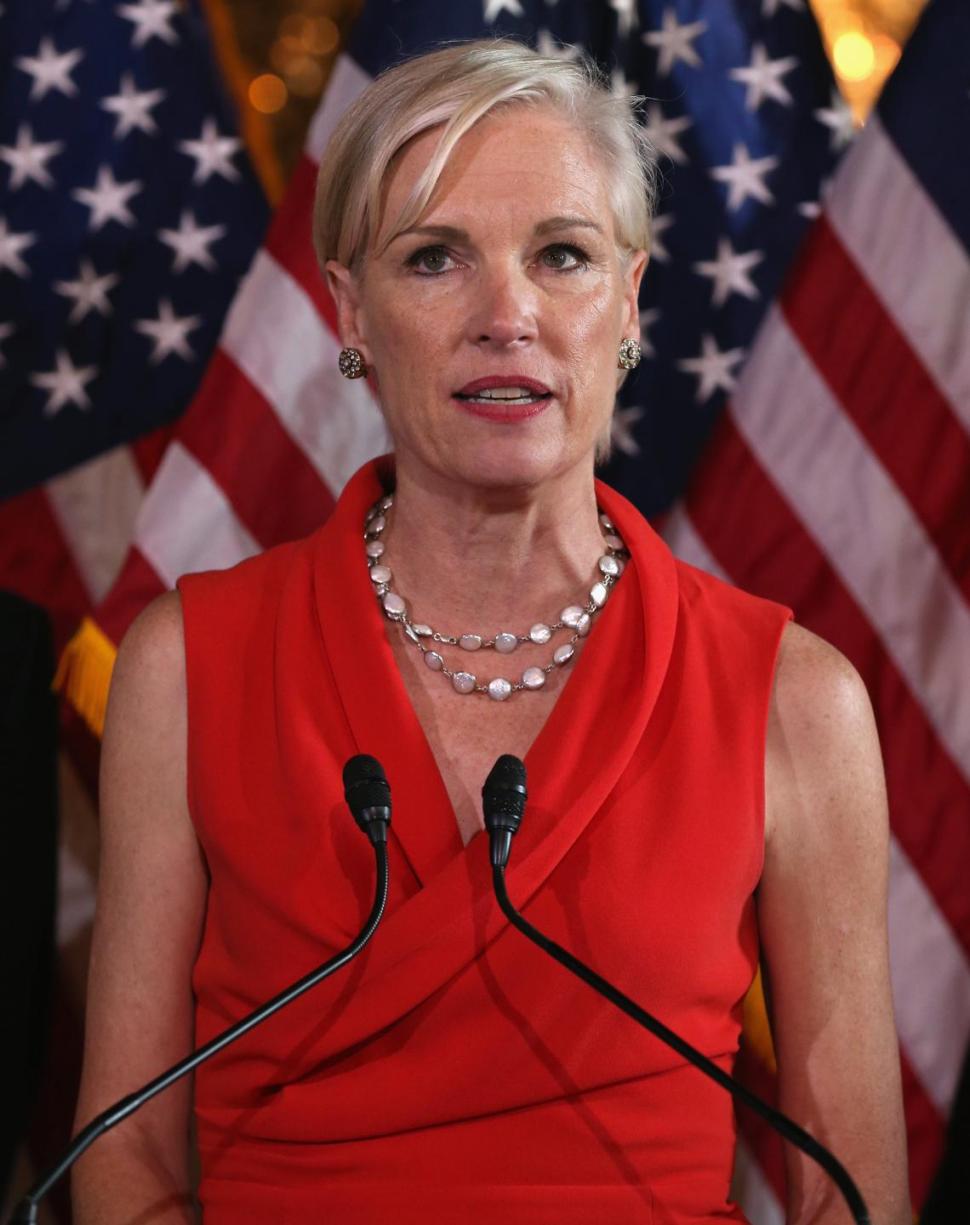
Mark Wilson/Getty Images
Chief of the Abortion Business
As Planned Parenthood President Cecile Richards took the hot seat in a House oversight committee hearing Tuesday about the organization’s sale of fetal tissue, the real question we should be asking isn’t whether taxpayers should continue to fund Planned Parenthood. It’s why we need Planned Parenthood at all.
Yes, I know: I must be a heartless, pro-life Republican who, despite possessing ladyparts, cares nothing for women’s health, so why should you listen to me?
Well for starters, you don’t have to. Democrats for Life of America also support defunding Planned Parenthood. Executive Director Kristen Day writes in a statement: “It is time to recognize the life in the womb and to provide more support and more options to pregnant women.”
That’s a courageous stand, one that highlights how most Democrats, including those running for President, have put access to abortions ahead of access to women’s health services by standing with Planned Parenthood.
If you didn’t know any better, you might be under the impression that Planned Parenthood clinics are the only place a woman can go for any variety of health services, including abortions, mammograms, contraceptive services and screenings.
That’s because Planned Parenthood actively fosters this impression to bolster its own necessity, aided by Republicans determined to end federal funding of abortions who have unwittingly helped elevate the organization’s image out of scale with its actual importance.
In reality, however, the 700 Planned Parenthood clinics throughout the country — predominately in urban areas — are dwarfed by the nearly 9,000 community health centers or CHCs around the country, with one in almost every Congressional district. These centers, which do not perform abortions, service more than 23 million people, regardless of their socio-economic status. And they specifically target communities in need, many of them rural.
These health centers also offer more complete care. Though Planned Parenthood routinely insists women need it for mammograms, the clinics don’t actually perform any (they are legally not allowed to). The CHCs, however, do.
Incidentally, this was the point Republican Presidential candidate Jeb Bush was trying to make when he inartfully said, “I’m not sure we need half a billion dollars for women’s health issues.” The second part of that sentence was: “There are many extraordinarily fine community health organizations that exist to provide quality care for women on a wide variety of health issues.”
As for abortion, Planned Parenthood is hardly the only option for a woman who’s made that choice. According to a 2011 study, the 1,058,490 abortions performed that year were done so at 329 abortion clinics, 510 “other” clinics, 529 hospitals and 286 physician’s offices.
As Republican Presidential candidate Rand Paul said, “It would be much less emotional for everyone if we just funded community health centers and didn’t fund Planned Parenthood.”
A number of legislatures have already defunded Planned Parenthood at the state level. So, with all the controversy over its abortion practices and its current inability to provide more access to more women, it would be both better for the business and for women if the organization stopped providing abortions, continued to collect federal tax and grant money, regained access to now cut-off state money, expanded its operations and provided even more health services to more women.
So why doesn’t it? Quite simply, because Planned Parenthood very much wants to be in the abortion business, even if at the expense of expanding access to women’s health.
Congressional House Republicans passed a measure this month that wouldn’t just defund Planned Parenthood, but redirect its funding to CHCs. Republicans are making the argument for more access to more women’s services, while Democrats are actively trying to limit them.
The Planned Parenthood battle isn’t over, but it has proven one thing: Democrats are not the party of women. They are the party of abortion. There’s a big difference.
Contact Cupp at www.thesecupp.com

